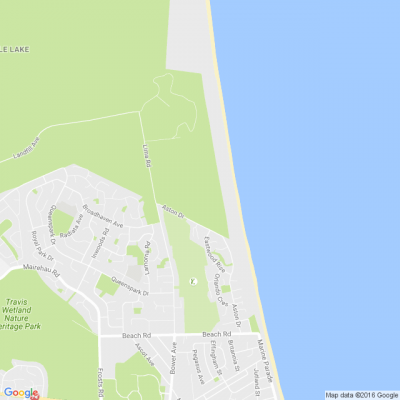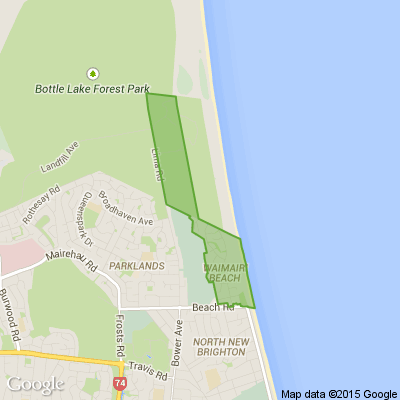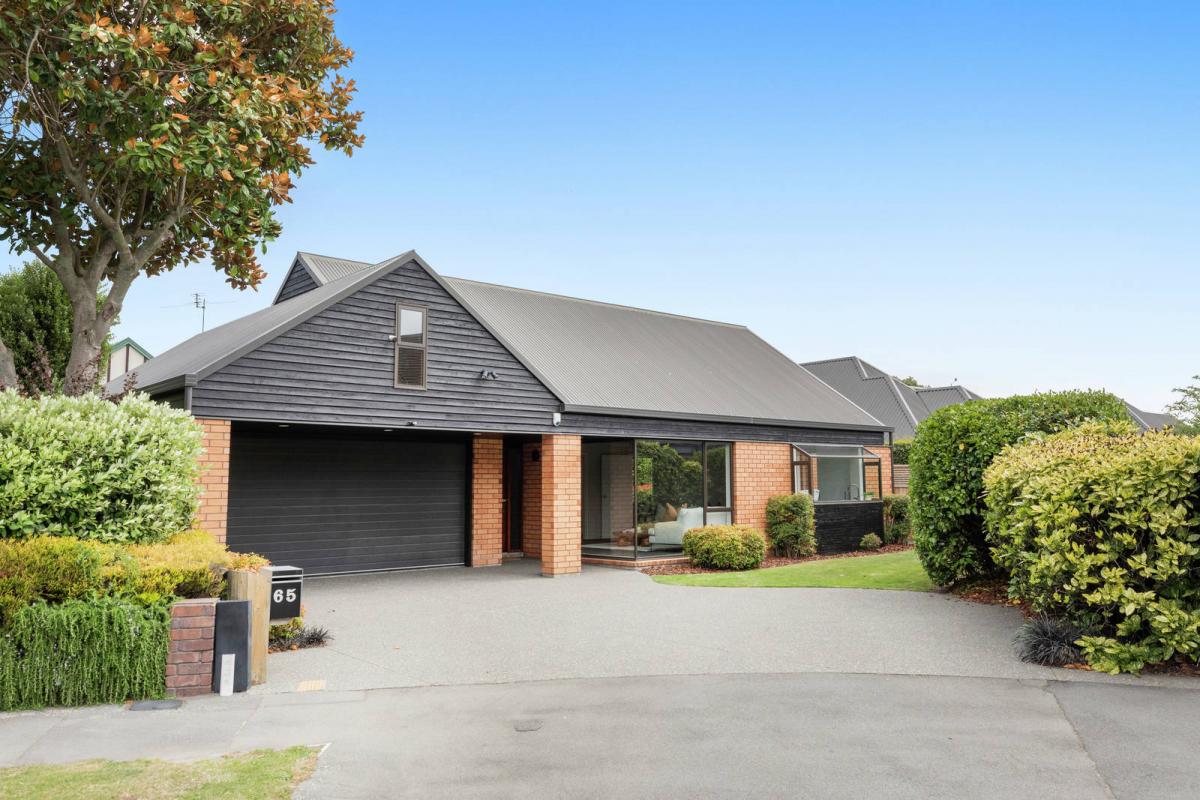Thousands receive their first excess water bill as council considers upping the limit
From reporter Tina Law:
Excess water bills have been sent out to almost 4000 Christchurch residents, but the city council is now considering increasing how much water people can use before being stung with a charge.
The surprise move was made on Tuesday as the Christchurch City Council agreed to put its draft budget, the annual plan, out for consultation. It has proposed a 5.68% average rates increase, down from a figure of 14.6% signalled late last year.
The average residential increase would be 5.79%. This would mean the average house (valued at $764,364) will have a rates increase of $3.52 per week or $183 a year, excluding any individual impact from the recent rating revaluation.
The council’s excess water charge, introduced in October following two lots of consultation, has been labelled as unfair by some residents, especially as almost a quarter (25,365) of Christchurch households share a meter and can not be charged.
Some councillors, including Sam MacDonald have never been in favour of the charge and on Tuesday, he asked the council to increase the daily allowance from 700 litres to 900 litres.
His bid was successful, but only just, with nine votes for and eight against.
The decision was made against staff advice and will be subject to public consultation as part of the draft budget, which comes out on March 10.
Under the existing rules, adopted last year, people are being charged a fixed rate of $1.35 for every 1000 litres they use over the 700-litre limit, which is the equivalent of 100 toilet flushes.
Bills have not been sent out for $25 or less, so people have to use more than 900 litres each day over 90 days to receive a bill under the current rule. Once a bill goes above $25, the householder is charged for all usage above 700 litres.
Any change would not be put in place until July, so would not affect the 3913 households who have just been sent a bill or others that will receive one before July.
The council said on Tuesday the average bill is $78 and the highest is $264.87.
Council chief financial officer Leah Scales said bills had already been sent out and any indication that the charge was changing next year would affect the council’s ability to recover that debt.
She said raising the limit to 900 litres would cost the council $641,000 this coming year and shift the burden of excess water use to all ratepayers, instead of those using the additional water.
The inequity around shared meters was not accurate, Scales said, because only 194 properties out of the 25,365 with shared water meters would have received a bill – less than 1% of the total.
Scales said the council planned to install individual meters in those properties first.
Councillors who voted to increase the limit were: Kelly Barber, Celeste Donovan, James Gough, Victoria Henstock, Yani Johanson, Aaron Keown, Sam MacDonald, Marks Peters and mayor Phil Mauger.
Those to vote against: deputy mayor Pauline Cotter, Melanie Coker, Tyrone Fields, Tyla Harrison-Hunt, Jake McLellan, Andrei Moore, Tim Scandrett and Sara Templeton.
Deputy mayor Pauline Cotter said revisiting the water charge was like “deja vu all over again” and 900 litres was almost double the average use of 540 litres.
“We’ve not even given this a chance to bed in. We have not given homeowners a chance to adopt practices to conserve.”
MacDonald said he would prefer to remove the charge altogether, but staff told him that was not possible during this draft budget process.
He said it was now up to the public to tell the council what they wanted.
A number of other last minute amendments were made to the draft budget including a move proposed by Henstock not to begin construction of the contentious Wheels to Wings cycleway for 12 months while staff and councillors work with affected communities on the detailed design.
Henstock failed in a similar bid last week after cycling advocates pushed for it to continue.
However, she received enough support from her fellow councillors on Tuesday (11 votes to six) after council transport head Lynette Ellis said the additional consultation could be done without causing delays because no major physical works were planned this year anyway.
Cotter, Coker, Donovan, McLellan, Moore and Templeton voted against this.
The council also decided, following a push by Donovan, to bring forward $300,000 to make improvements to New Brighton Mall, to support a $2.5 million community initiative in the area.
McLellan was successful in getting the council to consult on changes to the way rates are calculated via the uniform annual general charge. He wants the fixed charge reduced from $145 to $50, which he said would reduce the rates burden on lower income households.
Mauger said the proposed budget had been drafted against a tough backdrop of increases in interest rates, inflation and insurances. He said it went some way to take pressure off people’s cost of living while still providing the services the community wanted.
During last year’s election campaign, Mauger promised a 3% to 4% rates increase, but on Tuesday he said while it was looking possible last year, it was not any more due to inflation.
He said Christchurch’s proposed rates increase would be among the lowest in New Zealand, with a number of councils proposing increases in excess of 10%.

Have you got New Zealand's best shed? Show us and win!
Once again, Resene and NZ Gardener are on the hunt for New Zealand’s best shed! Send in the photos and the stories behind your man caves, she sheds, clever upcycled spaces, potty potting sheds and colourful chicken coops. The Resene Shed of the Year 2026 winner receives $1000 Resene ColorShop voucher, a $908 large Vegepod Starter Pack and a one-year subscription to NZ Gardener. To enter, tell us in writing (no more than 500 words) why your garden shed is New Zealand’s best, and send up to five high-quality photos by email to mailbox@nzgardener.co.nz. Entries close February 23, 2026.

Step by step for a great cause!
Our amazing Hillary Hikers from Edmund Hillary Village showed their support for Bowel Cancer New Zealand's Move Your Butt campaign this month!
Sporting the bright purple and orange campaign shirts, these wonderful walkers hit the Auckland waterfront and marched from Mission Bay to Kohimarama, raising awareness for bowel cancer and the importance of early detection along the way.
Click read more to read the full story.

🧩😏 Riddle me this, Neighbours…
I am an odd number. Take away a letter and I become even. What number am I?
Do you think you know the answer?
Want to stop seeing these in your newsfeed? No worries! Simply head here and click once on the Following button.







 Loading…
Loading…





